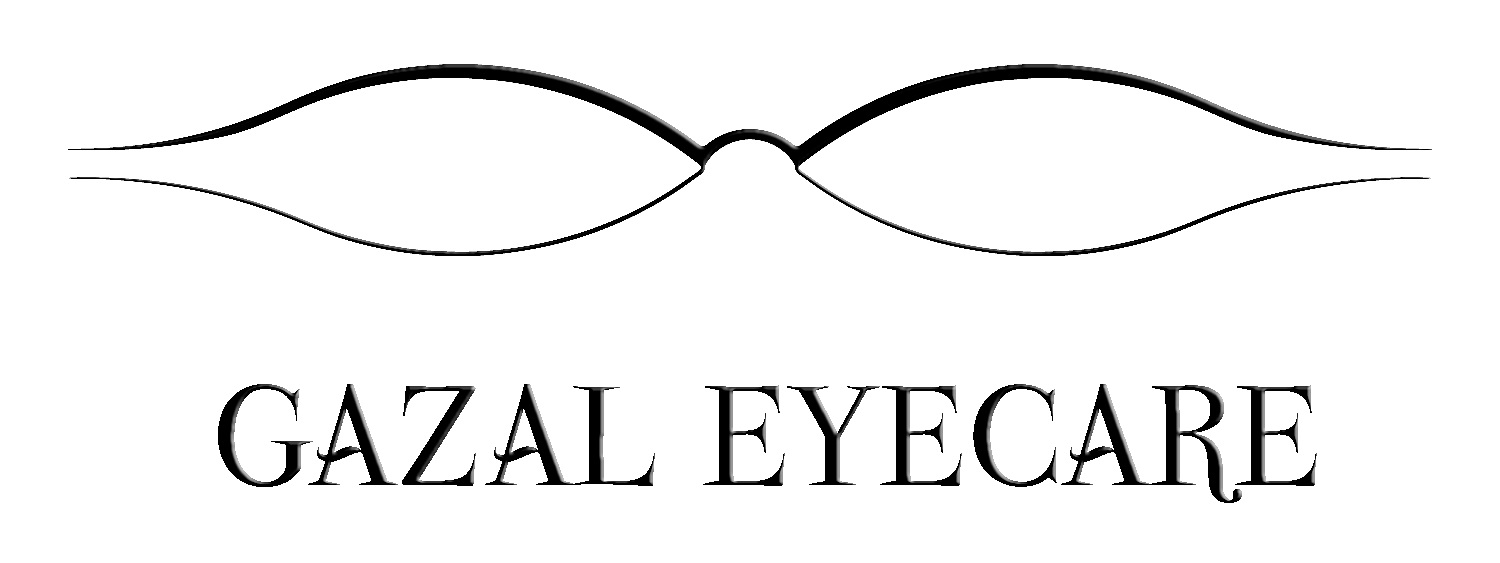Medical Eye Exams
Vision Glossary / Symptoms / Causes / Treatment / Prevention
During your eye exam the doctor will not only evaluate the change in prescription for glasses or contacts but also make sure there are not other underlying medical issues that could cause vision problems. The medical portion of your eye exam helps determine if are also at risk for future eye disorders such as including diabetes, macular degeneration, kerataconus, glaucoma, cataracts, dry eye syndrome, low vision, corneal abrasions, & other eye disorders, diseases, and medically related issues. The Optometrist can schedule a time to meet with you at your earliest convenience. Please contact us to schedule your eye examination with the doctor. For your convenience here is a list of eye related issues that are prevalent.
Dry eyes & Vision Problems
Dry Eye Syndrome
Symptoms:
Redness, Blurred Vision, difficulty seeing at night or on computer screens, stinging or burning sensation, watery eyes, light sensitivity, contact lenses are not comfortable or feel like they just do not work.
If you have any of these symptoms schedule a time to meet with the Optometrist to have your eyes evaluated for Dry Eye Syndrome. Scheduling a routine eye exam at Gazal Eye care with the eye doctor will include the medical screening to determine if you have or are at risk for dry eyes.
Possible Causes for Dry Eyes:
Wearing contact lenses, Diet, your work environment, not wearing the correct type of sunglasses, age, eye infections, hormonal changes, not blinking often enough or taking breaks when needed, eye surgery including laser eye surgery, low production of tears or oils, medication, and several other life circumstances can all lead to dry eyes.
Macular Degeneration of the Eye / Age Related Macular Degeneration
Macular Degeneration
Symptoms:
Central Vision is blurred, reduced vision in Poor Vision in normal light settings, distorted vision where normal lines appear bent, difficulty recognizing faces.
Possible Causes/Risks:
Age, smoking, hereditary, race (Caucasians), heart related issues such as cardiovascular disease, overweight (obesity), poor diet.
Worried about developing Macular Degeneration? Contact us today to schedule your vision exam with the Optometrist.
Kerataconus
Symptoms:
Constant changes in vision, blurriness at all distances, sensitivity to light and glare, increase astigmatism prescription.
Kerataconus is the bulging of the cornea causing a much higher astigmatism correction. Specialty contact lenses may need to be ordered to correct vision problems.
Possible Causes/Risks:
No one knows the exact cause of Kerataconus, however you are at a higher risk if one of your family members is diagnosed. If you have parents or children with Kerataconus it is recommended to have your eyes evaluated by a trained eye doctor who specializes in Kerataconus evaluations and fittings. Not only do scleral lenses work for those with Kerataconus but it is also what we use for all the film and television shows we work on such as zombies from The Walking Dead.
Diabetes & Vision Problems
Diabetes
Symptoms:
Patients with early stages of Diabetic Retinopathy generally have no symptoms, but may experience blurred or distorted vision, and/or floaters. Later stages result in greater loss of vision and can possibly lead to blindness.
It is important to detect and treat these issues early with a dilated eye exam and fundus photography. During your eye exam the eye doctor may see signs of microaneurysms. This microaneurysyms can lead to a blockage of blood supply to the retina, development of new (weaker) blood vessels that may burst, and eventually cause blindness.
Possible Causes/Risks:
Patients with Type 1 or Type 2 Diabetes, more than 20% of patients with Type 2 diabetes already have signs of diabetic retinopathy after their first diagnosis. Several treatment plans including new pharmaceutical drugs, and surgery options are available, but it is best to contact the eye doctor to discuss the best route for you.
Glaucoma - Pressure in the Eye & Vision Problems
Glaucoma
Symptoms:
Unfortunately, Glaucoma can show up with no signs or pain and this is why glaucoma is referred to as “The Silent Thief”. Some symptoms that can be detected through eye tests such as visual field testing, intraocular pressure tests, and retinal imaging. Symptoms include loss of peripheral vision, tunnel vision, increased pressure of the eye, blockage of the optic nerve through increased eye pressure/swelling on the optic disc.
Possible Causes/Risks:
The cause of glaucoma is because increased fluid in the eye cannot be properly drained, causing increased pressure on the optic nerve. The increased pressure can be caused from injury, genetics, hypertension, poor blood flow,
New research from The Glaucoma Research Foundation states that Glaucoma is a response of the immune system due to an early exposure to bacteria. The bacteria causes the immune system to attack neurons in the retina.
“https://www.glaucoma.org/news/what-causes-glaucoma-scientists-may-have-finally-figured-it-out.php”
Retinal Detachment & Vision Doctor
Retinal Detachment
Symptoms:
Curtain like shadow over your visual field, loss of peripheral vision, floaters, flashes of light in one or both eyes.
If retinal detachment is detected in needs to be treated immediately! The longer the detachment goes untreated the greater risk of permanent vision loss.
Possible Causes/Risks:
Previous eye Injury or surgery, age (higher at age 50 or older), family history, higher risks if one eye has had retinal detachment in the past, & high myopic patients (very nearsighted).
Having a a fundus exam, retinal photography, and/or dilation helps the eye doctor evaluate you for retinal issues.






